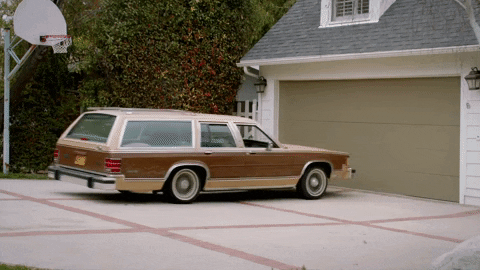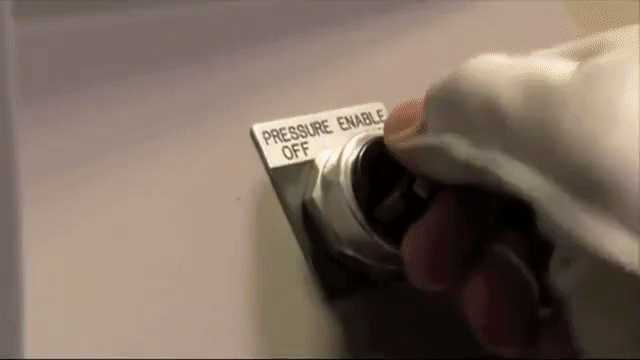Have you ever pondered the time disparity between how long it takes to build something versus destroy it?
For example:
- I spent dozens of hours over the course of five months putting together a 5,000 piece puzzle; it took only 2 minutes to destroy it and put it back into the box.
- A building takes months to construct and days to demolish.
- A great marriage takes years to nurture and develop but can be ruined in a matter of weeks, days, or even minutes.
- A wooden marble track I build with my kids takes minutes to construct but one accidental movement knocks it down in seconds.
The same fast-acting destruction can happen to all of your hard work and efforts in SEO. It takes weeks, months, and years to build up a well optimized site with tons of authority and backlinks and buttoned up technical SEO. In a matter of minutes, it can all be destroyed because of a simple mistake, oversight, or decision made by the upper brass.
Let’s take a look at five destructive SEO tactics–er–mishaps that can ruin all your SEO progress before you finish reading this post.
1. Noindexing your whole site

I’ve seen this happen several times over the years, mostly by accident.
One website I worked on a few years back launched some site updates with their robots.txt file disallowing their whole site. This company lost weeks of organic traffic before anyone realized this huge oversight. Unfortunately, this happened twice.
It makes sense to have your staging site disallow search engine indexing but you need to have a process in place to change that when you launch. Since this time, they have added an automated process that corrects the robots.txt file when moving from staging to launched.
2. Deleting all of your informational pages

Rankings and organic traffic can suffer as a result of business decisions. Eoghan Henn, co founder of searchVIU, shared a case study that showed the negative impact of deleting informational pages with link authority from a website.
The homepage and category pages lost most of their top rankings for search queries responsible for generating revenue for the company resulting in a loss of about one-third of its overall visibility in the SERPs. Ouch!
3. Failing to redirect an old domain to a new domain

A disappointing few months on this one…client moving domains wouldn’t redirect the previous domain. Even worse, they then let the old domain expire & it’s been grabbed by someone else. We gave them plenty of warnings…it had 1 million links pointing to it 😱 pic.twitter.com/Zbd0hC44W2— Will O’Hara 👨🏽💻 (@willohara) May 26, 2019
This has to be one of the saddest SEO stories out there. Unfortunately, it happens way more than it should.
Here’s another example from the same twitter thread. As you can see, we SEOs like to commiserate with each other.
Been there. Site’s blog had 800k links, 10k pages of content, and back when we measured those things? A PR10.
They moved it to Tumblr, carried over none of content, and redirected none of the pages.
I nearly cried lol
So hard to save clients from themselves at times :)— Kristine Schachinger (@schachin) May 27, 2019
4. Removing a large quantity of valuable backlinks

One healthcare company, after an FDA inspection, decided to immediately ask hundreds of websites to remove the link pointing to their website until approved content could be verified. As a result, a large quantity of their links disappeared over night.
Eventually, most of those links were reacquired once they could verify that all verbiage on each individual site was compliant with the FDA’s approved messaging.
5. Not adding optimized content to every important page

Every important page on a website will fare better with optimized content. Choosing to not add more content to important pages can hurt your ability to rank for more keywords.
I recently wrote about the results of one ecommerce site that added a few paragraphs of content to all their ecommerce category landing pages. After it was all done, they ranked in the top ten for 800 more phrases than before they added the content.
In Conclusion:
Sometimes frustrating decisions are made that affect your job as an SEO. Do your best to communicate to the decision makers the ranking and organic traffic consequences and what that will mean to the bottom line. You can’t win them all but you can come out looking like you know what you’re talking about.
In the end, if you can avoid any of the above SEO disasters, then give yourself a pat on the back.
